Say Goodbye to Dryness: Hard Water Fixes for Smooth Silky Hair
Hard water is a silent culprit behind dull, rough, and frizzy hair. While it may seem harmless, the minerals in hard water—primarily calcium and magnesium—can build up on your scalp and hair shaft, leaving strands lifeless and prone to breakage.
If you’ve been struggling to achieve smooth, silky hair despite using expensive shampoos or treatments, hard water could be the root cause.
With the right fixes and remedies, you can minimize the damage and restore your hair’s natural shine.
Learn 10 proven hardwater fixes for smooth, silky hair, backed by practical tips and natural remedies that actually work.
Why Hard Water Damages Hair
Before jumping into solutions, let’s quickly understand how hard water impacts hair:
Mineral buildup: Calcium and magnesium leave a residue that coats your strands, making them stiff and hard to manage.
Dryness: Hard water strips natural oils from your scalp, causing dryness and dandruff.
Color fading: If you dye your hair, hard water can make the color fade faster.
Breakage and frizz: The buildup weakens hair over time, leading to breakage, tangles, and frizz.
Knowing this, it becomes clear why hard water fixes are essential for smooth and silky hair.
Let’s Look at the top 10 Hard Water Fixes For Smooth, Silky Hair
1. Install a Shower Filter
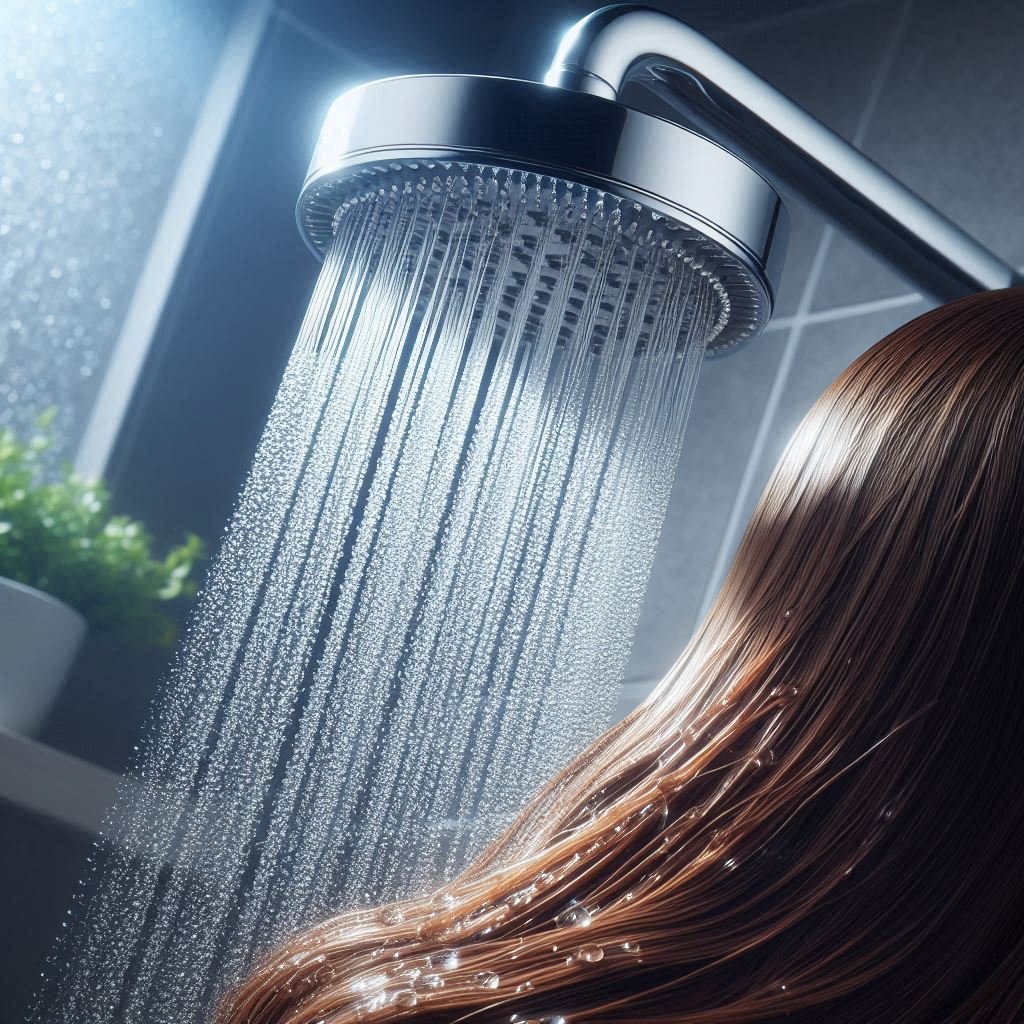
One of the most effective long-term solutions is installing a shower filter. These filters are designed to remove excess minerals such as calcium, magnesium, and chlorine from your water.
How it helps: Reduces mineral buildup, keeps hair softer, and protects the scalp.
Extra benefit: Also improves skin health by preventing dryness and irritation.
If you want consistently silky hair, this is a smart investment.
2. Use a Clarifying Shampoo Weekly
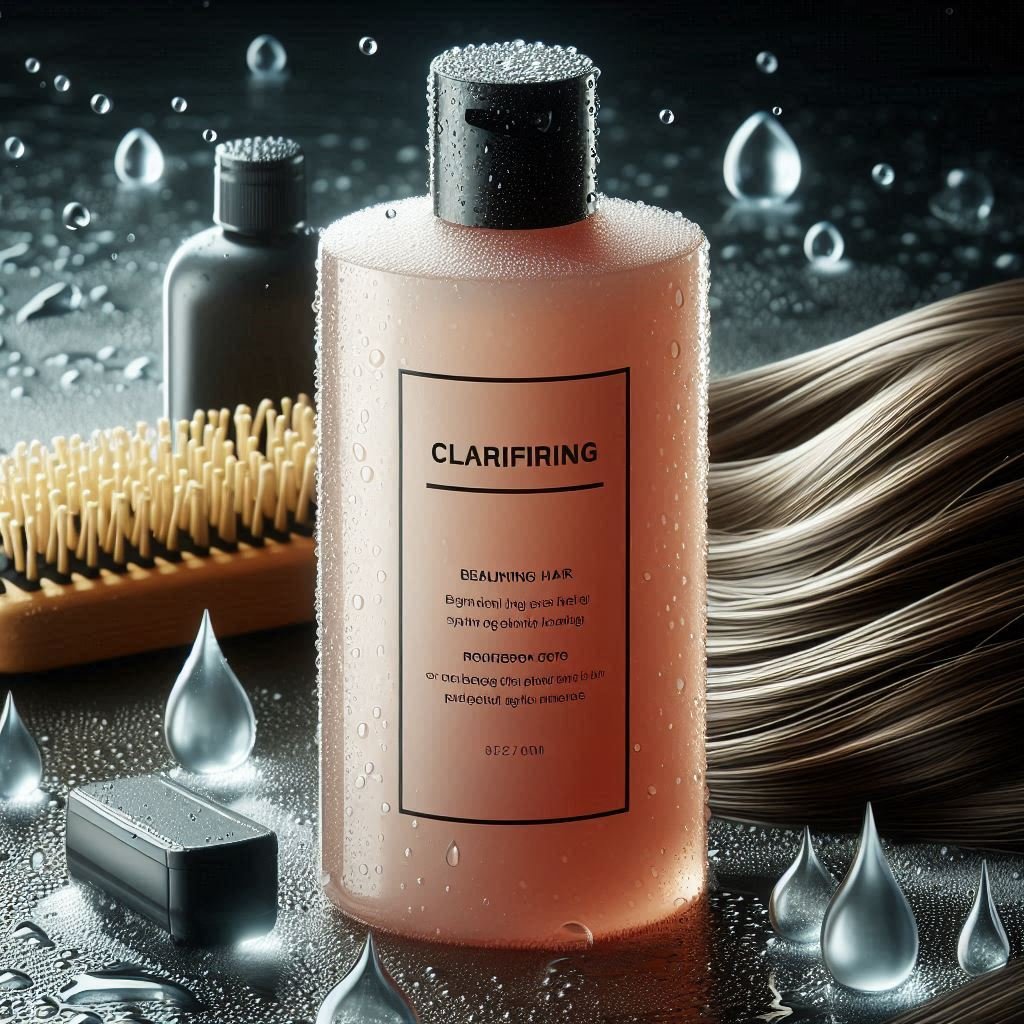
A clarifying shampoo is specially formulated to remove buildup from hard water, styling products, and pollution.
Tip: Use it once a week to deeply cleanse your hair without stripping all natural oils.
Best practice: Follow up with a nourishing conditioner to restore moisture.
This keeps your strands clean, light, and more manageable.
3. Rinse with Apple Cider Vinegar
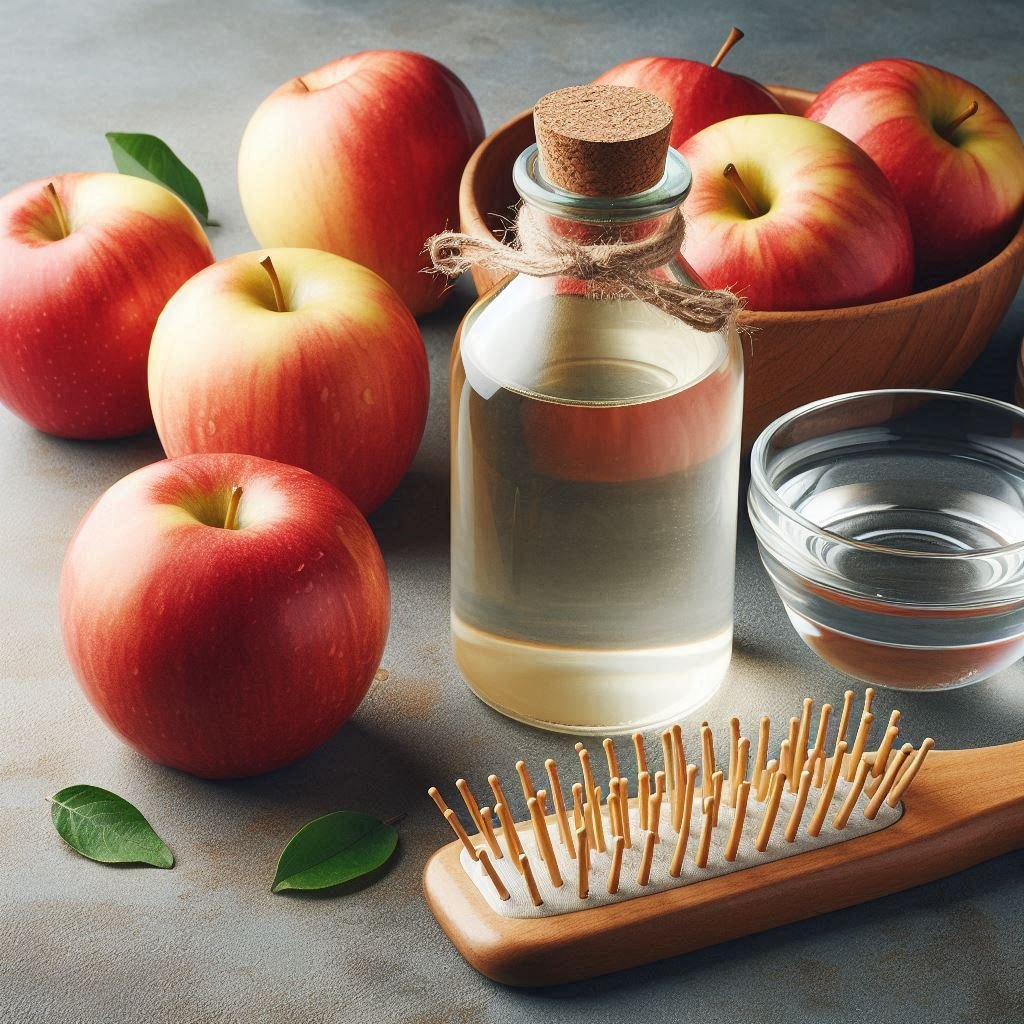
Apple cider vinegar (ACV) is a natural acid rinse that dissolves mineral deposits on the hair shaft.
DIY rinse: Mix 2 tablespoons of ACV with 1 cup of water. After shampooing, pour it over your hair and rinse thoroughly.
Benefits: Restores pH balance, adds shine, and smooths frizz.
Do this once or twice a week for noticeable silkiness.
4. Try Lemon Water Rinse
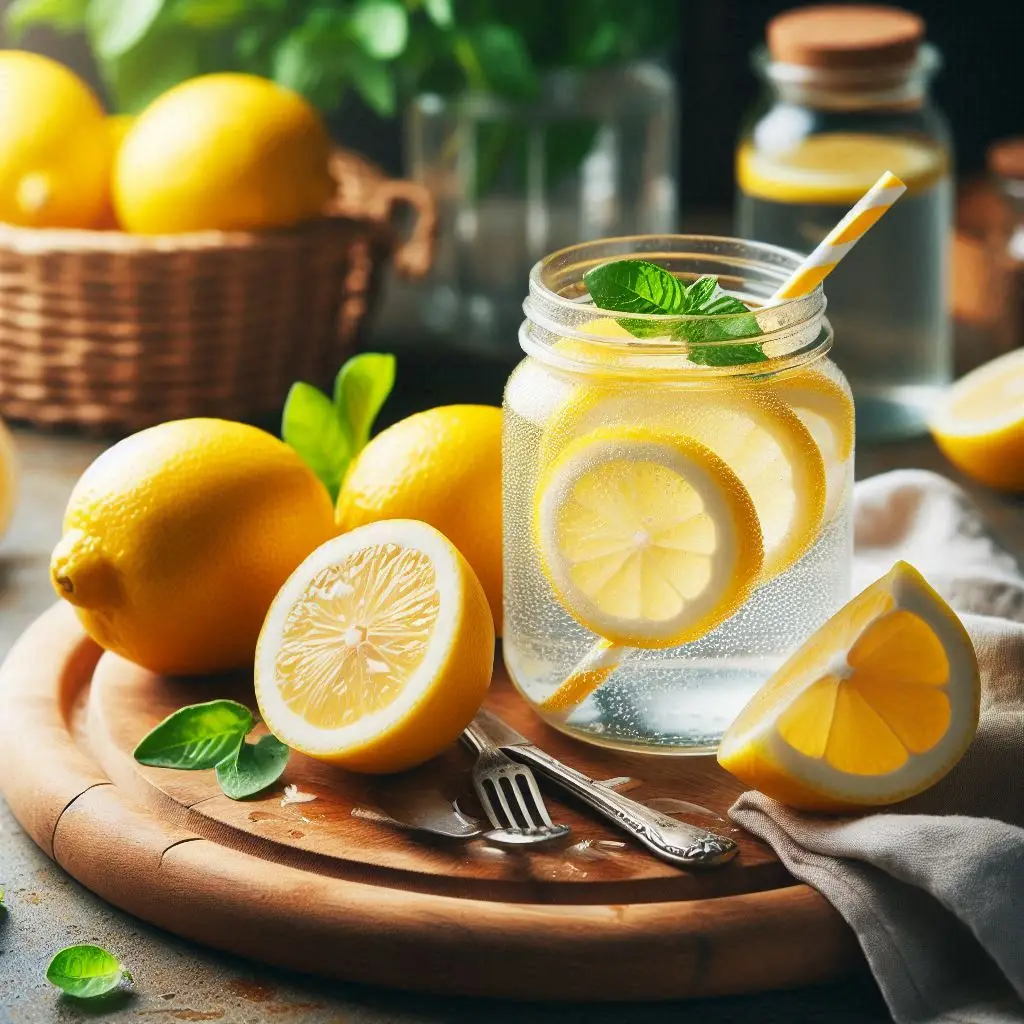
Like ACV, lemon juice is acidic and works as a natural chelating agent to counteract hard water damage.
How to use: Squeeze half a lemon into 1 cup of water and use it as a final rinse after washing.
Benefits: Prevents dullness, adds shine, and keeps the scalp clean.
Note: Don’t overuse it as lemon is strong—once a week is enough.
5. Use a Chelating Shampoo
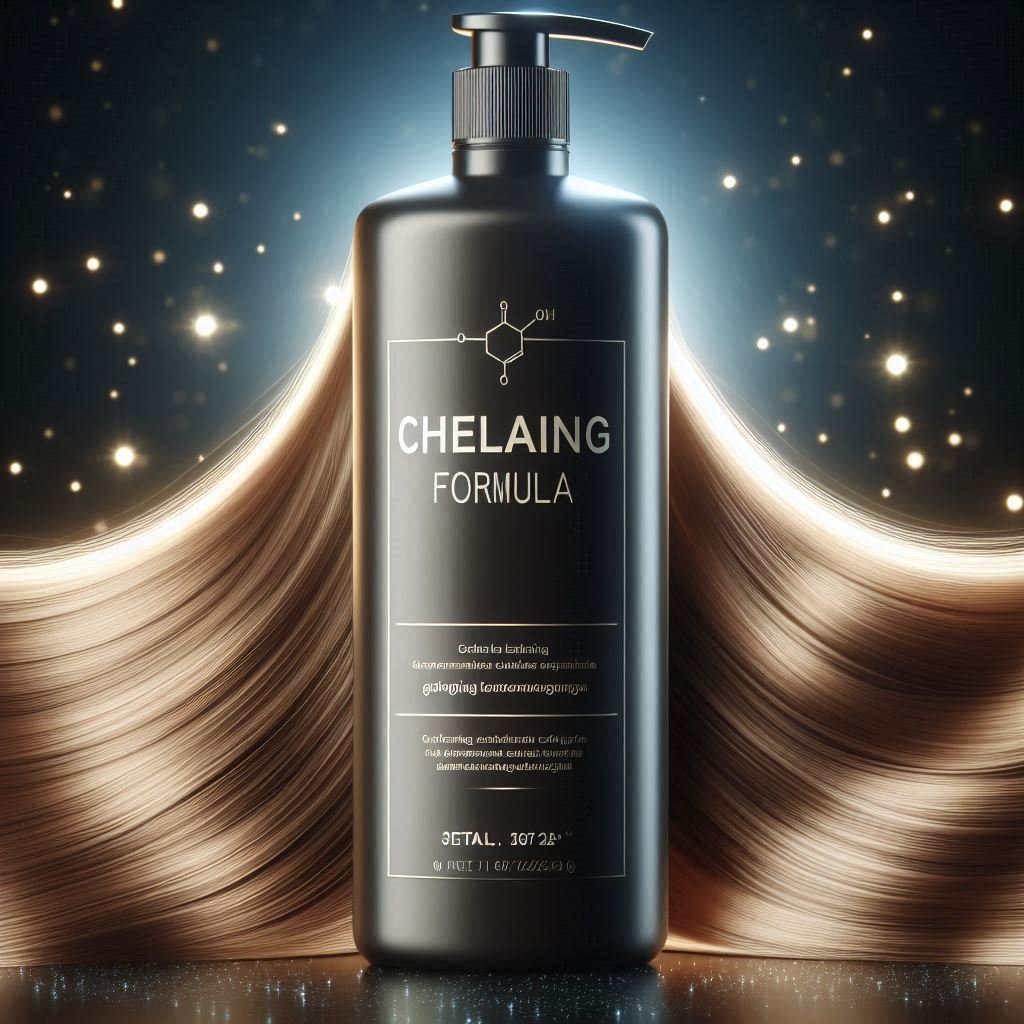
When hard water damage is severe, a chelating shampoo is more powerful than a clarifying one.
Difference: Chelating shampoos not only remove mineral buildup but also strip away metal ions like copper and iron.
Best for: Swimmers, or people living in areas with extremely hard water.
Use it once or twice a month for a deep reset.
6. Moisturize with Coconut or Argan Oil

Oils are a natural way to replenish moisture stripped by hard water.
Coconut oil: Penetrates the hair shaft, preventing protein loss.
Argan oil: Adds smoothness, shine, and reduces frizz.
Massage oil into your scalp and hair 1–2 times a week before shampooing for silky results.
Also read: 8 Best Oils For Long And Thick Hair Growth
7. Switch to Sulfate-Free Shampoos
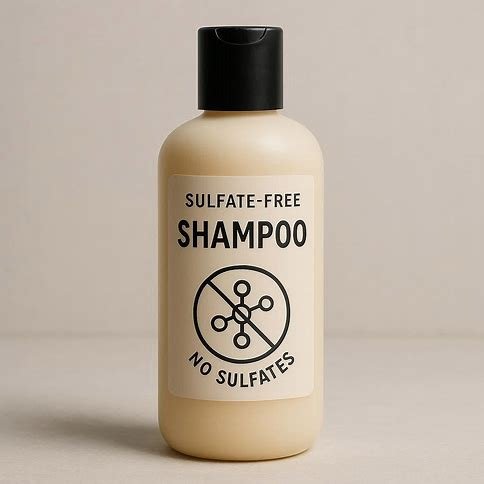
Sulfates, commonly found in shampoos, worsen dryness caused by hard water.
Why sulfate-free help: These shampoos are gentler, locking in natural oils while still cleansing the scalp.
Result: Less frizz, more softness, and a healthier scalp.
Pair it with a hydrating conditioner for the best effects.
8. DIY Hair Masks for Extra Nourishment
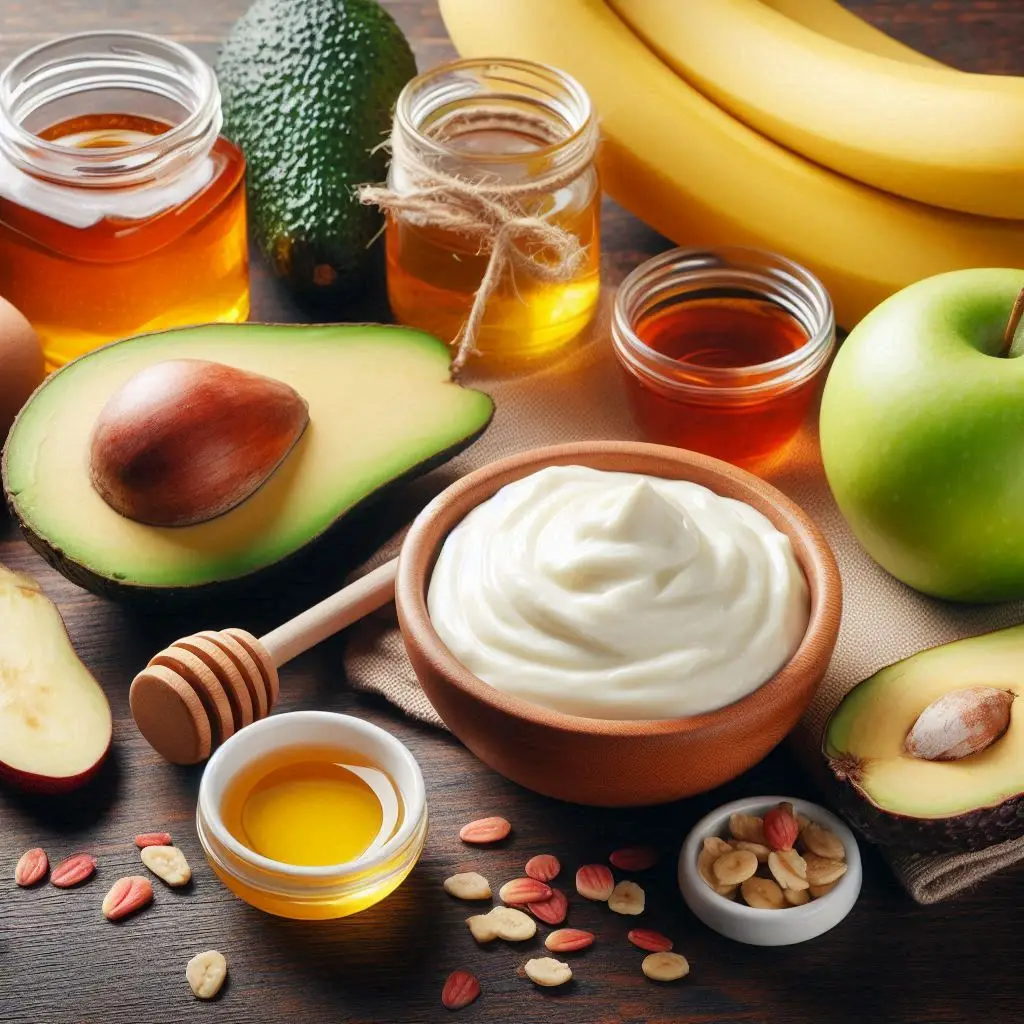
Weekly hair masks can restore smoothness lost to the hard water exposure.
Avocado + Olive Oil Mask: Deeply moisturizes and repairs damaged strands.
Yogurt + Honey Mask: Smooths frizz and adds natural shine.
Banana + Coconut Milk Mask: Strengthens brittle hair and boosts softness.
Apply once a week, leave on for 20–30 minutes, and rinse thoroughly.
9. Rinse with Distilled or Filtered Water
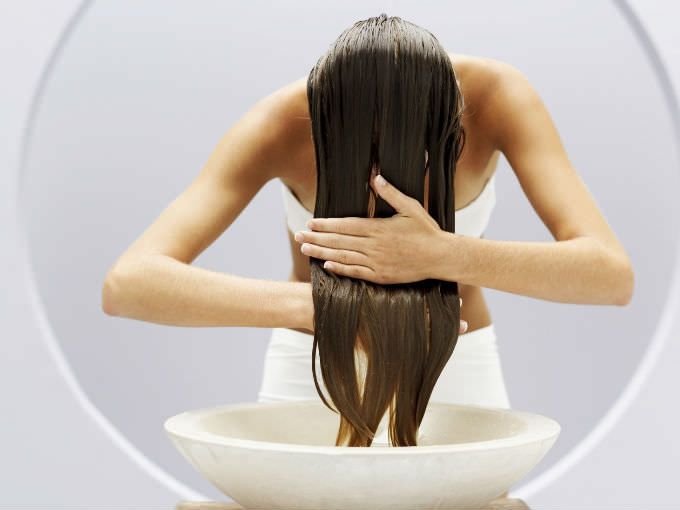
If installing a shower filter isn’t possible, you can still reduce hard water damage by using distilled or filtered water for your final rinse.
Why it helps: Removes mineral-heavy residues left behind by tap water.
Best practice: Keep a jug of filtered water handy to pour over your hair after washing.
It may seem small, but this step makes a huge difference over time.
10. Protect Hair with Leave-In Conditioners
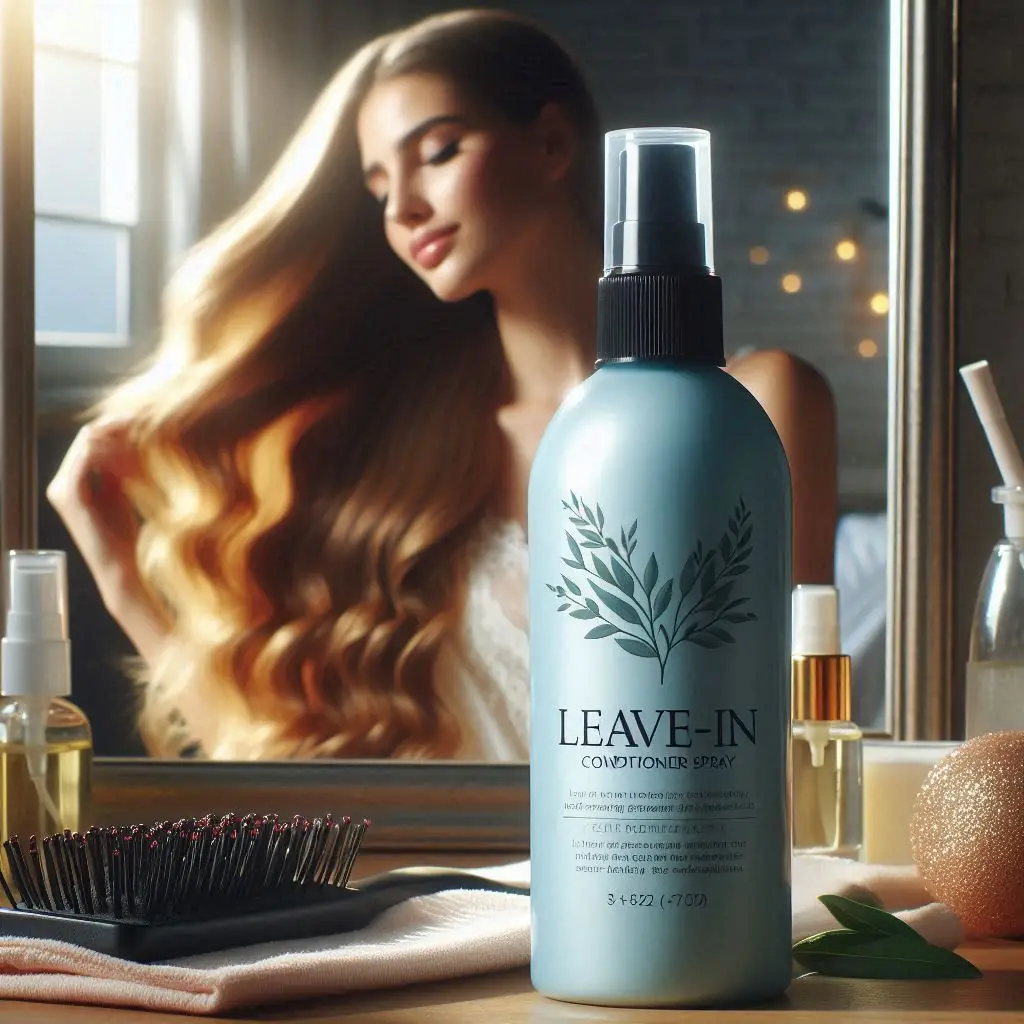
A leave-in conditioner or serum creates a protective layer that minimizes mineral deposits from sticking to your strands.
Best ingredients: Look for products with keratin, argan oil, or silk proteins.
Benefits: Reduces tangles, smooths frizz, and locks in shine.
Apply after towel-drying to keep your hair silky all day.
Additional Tips to Manage Hard Water Hair
Along with these fixes, here are some bonus tips to make your hair smoother:
Avoid hot water: Always wash hair with lukewarm or cool water to prevent dryness.
Stay hydrated: Drink enough water to keep hair nourished from within.
Balanced diet: Eat foods rich in biotin, omega, and vitamin E for stronger strands.
Regular trims: Prevents split ends caused by hardened brittleness.
Frequently Asked Questions
1. Can hard water cause hair loss?
Yes, prolonged exposure can weaken hair follicles and cause breakage, which may appear as hair loss.
2. Will bottled water help if I wash my hair with it?
Yes, but it can be expensive. Instead, try filtered or distilled water for rinsing.
3. How often should I use vinegar or lemon rinses?
Once or twice a week is enough to avoid over-drying.
4. Can conditioners alone fix hard water damage?
Conditioners help with smoothness, but without removing buildup, the damage will continue. Combine with clarifying or chelating shampoos.
Conclusion
Hard water might be unavoidable, but its effects on your hair don’t have to be permanent.
From simple remedies like vinegar rinses and natural hair masks to long-term solutions like shower filters and sulfate-free shampoos, you have plenty of ways to fight mineral buildup.
By consistently following these 10 proven hard water fixes, you can transform your hair from dry and brittle to smooth, silky, and radiant.
The key is balance—regular cleansing to remove buildup and deep nourishment to restore softness.
So the next time you struggle with frizz and dullness, remember: it’s not always your shampoo—it might just be the water.
Take control with these fixes and enjoy the silky hair you deserve.




